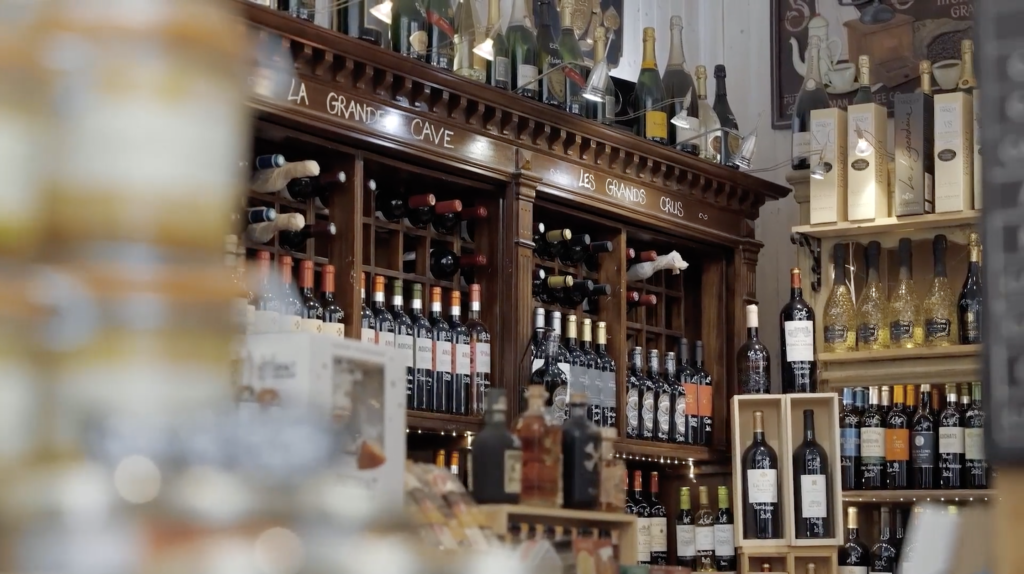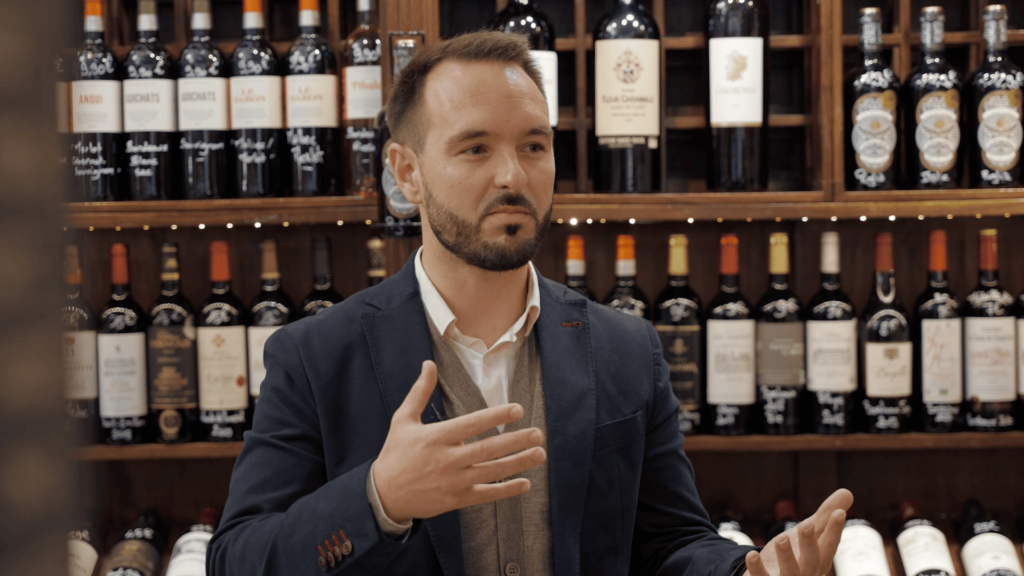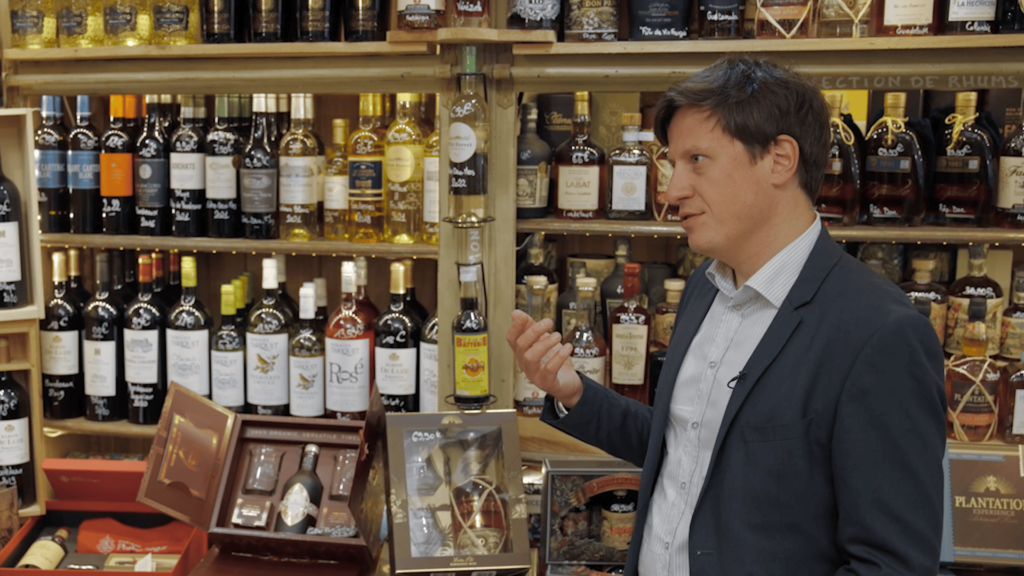Bordeaux wines: only for laying down?
Bordeaux vineyards have a reputation for producing red wines meant for ageing. Does that mean that Grand Crus cannot be enjoyed young? Axel Marchal is Professor of Oenology at University of Bordeaux and a consultant oenologist for many estates in France and around the world. He sat down with Nicolas Berthommier, Europe Sales Manager at Twins, to separate fact from fiction.

What is a wine that ages well?
You may have heard the French expression “vin de garde” (or “wine to lay down”) before, but it’s not so easy to precisely define. When we asked Axel Marchal, the consultant quoted oenologist Denis Dubourdieu: “A wine that ages well is like a man or a woman who ages well. It’s a wine that seems slightly younger than it is, but that is certainly more interesting than it was 10, 15 or 20 years ago.” In any case, wine is a living thing. After 15 or 20 years in the bottle, this product will no longer have the same sensory properties as when it was bottled.
Not that we’re saying that old wines are better than young wines. It’s all a question of your palate and personal preference. However, Axel Marchal insists on one thing: “For me, it’s important that as it ages, a wine should taste more like the place where it comes from”. For this consultant, that’s what it means to age well, “strengthening your identity over time”.

Bordeaux Grands Crus, wines that can be enjoyed young
Now that we have defined the concept of a vin de garde, let’s examine two commonly held beliefs: firstly, that a wine that ages well should not be enjoyed young. And inversely, that a wine that is good to drink in its early years will not be able to go the distance over time. Axel Marchal has a strong opinion about that: “these two traits are not at all connected”. Being enjoyable young and ageing well are not mutually exclusive. In fact, this has been shown in Bordeaux in recent years.
While bottles of Bordeaux have always been fine to drink young, the professor of oenology has noticed that: “nowadays, Bordeaux wines are more accessible when young than they were in the past.”

This observation is shared by Nicolas Berthommier, Europe Sales Manager at Twins: “in the world of Bordeaux Grands Crus, we see that estates are producing wines that can be drunk earlier, while keeping their typical traits and the DNA of their terroir.”
Several shifts are behind this extension of the tasting window, both in terms of the harvest date and the winemaking process, with meticulous work around the expression of the fruit and use of ageing techniques that don’t hide the wine.
Bordeaux, an unequalled ageing potential
If Bordeaux Grands Crus can be enjoyed in their youth, does that mean they have lost their identity as a wine to be laid down? Of course not! In fact, Axel Marchal considers that this remains a signature of Bordeaux vineyards:
“Bordeaux is the only winemaking region that can boast a great number of wines that are 30, 40 or 50 years old, or even more.”
Axel Marchal, Consultant Oenologist

According to Nicolas Berthommier, “the estates manage to strike the perfect balance between accessibility and ability to age well”. Because, as Axel Marchal notes, the ageing potential of Grands Crus cannot be compromised. The consultant says, “when a bottle is sold for a certain price, you’re also selling its ability to age. I don’t know of any wine that has been highly valued in a lasting way and that doesn’t have significant ageing potential.”
So, in Bordeaux, there’s no question of disappointing lovers of wine who prefer to wait patiently before opening their precious bottles. But it’s also important not to be limited by a false image of wines that should not be drunk young.
To wrap up, Axel Marchal advises not to get caught up in preconceived ideas: “what matters is your enjoyment – a Grand Vin should be good at any age.”



